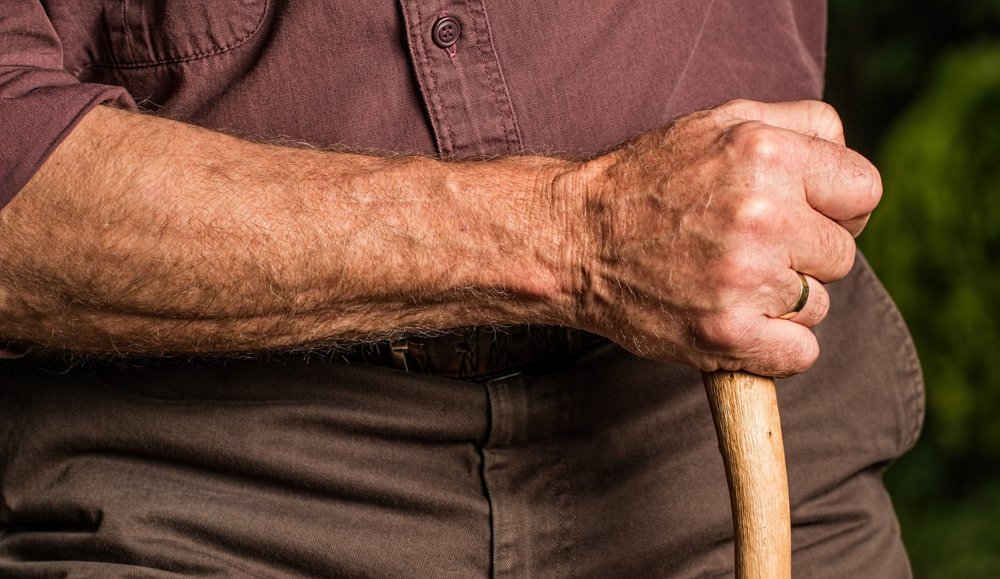As we transition back from Mexico to the States I am reading Paul Theroux’s On the Plain of Snakes: A Mexican Journey, which came out in 2019. Theroux has turned many adventure-filled journeys into books that are both good reading and rich in insight. He undertook his venture to Mexico as an older man (76) who was having some feelings about aging, and what that means in the U.S.
Here’s an excerpt:
“In the casual opinion of most Americans, I am an old man, and therefore of little account, past my best, fading in a pathetic diminuendo while flashing his AARP card; like the old in America generally, either invisible or someone to ignore rather than respect, who will be gone soon, and forgotten . . .
“Naturally, I am insulted by this, but out of pride I don’t let my indignation show. My work is my reply, my travel is my defiance. And I think of myself in the Mexican way, not as an old man but as most Mexicans regard a senior, an hombre de juicio, a man of judgment; not ruco, worn out, beneath notice, someone to be patronized, but owed the respect traditionally accorded to an elder, someone (in the Mexican euphemism) of La Tracera Edad, the third age.”
While there are exceptions to these generalizations, on both sides of the border, they are mostly accurate. Getting older in America does seem to bring with it a certain invisibility, that can be both painful and perplexing. “Hold on, I’m here too!” one sometimes feels like saying. Remembering that bit about turning lemons into lemonade, I try to think of invisibility as my secret power.
In Mexico, there is more politeness generally speaking, which includes respect for elders. It is part of a larger culture of tradition and — here’s a antique word — manners. People are, by and large, quite mannerly in Mexico, at least the Mexico I experienced. They are polite. They greet one another on the street. They make efforts to assist. People acknowledge one another. Drivers stop, without hesitation or impatience, for pedestrians. People give way on sidewalks for the elderly.
As I say, there are exceptions to these generalizations — on both sides of the border. Mexicans can be unpleasant; Americans can be thoughtful and kind.
But insofar as the generalizations are accurate, what might be the explanation? One member of the congregation I served in Mexico described it as a country and culture where people matter more than profit. Again, counter examples and evidence aren’t hard to find. But still, there is something to that.
I think it owes to the centrality of the family in Mexico. So many of the gringos I met there were on their own — flying solo, detached from family or place — and yet many of them anxiously were trying to make connections, to find relationships.
Of course, that’s the dream for many Americans — being unattached, unencumbered, on your own, doing your own thing. But I’m not sure that is a dream nurtured by many Mexicans, or for that matter, most of the world’s people. That may be a first world, or even an American, fantasy. The rugged individual. The person free of attachments.
My hunch is that for many Mexicans such a person might appear somewhat bizarre, a little “off.” And, who knows, maybe they are right?
Discover more from Post Alley
Subscribe to get the latest posts sent to your email.

Reading this while in Todos Santos and relishing it. Bravo Anthony. Hombre de juicio indeed.
I love this idea of “an hombre de juicio.“ And I second your observations. I was in Puerto Vallarta for two weeks in December, and came back acutely aware of how little sense of village I feel in Seattle. How much effort it takes here to achieve the littlest thing— eye contact, a smile, a hello— when that is part of the daily moment to moment life of Mexico’s streets. I came back resolved also to try harder. To insist on the value of communal connection.
It restores me to my humanity to be in a place where it is normal to express warmth and appreciation to strangers, of whatever age. Perhaps it is partly that the sun weathers, and people grow visually older faster than they do in the north, but old, and looking it, is also just fine. That I could be (and look like) “someone’s mother or grandmother” meant an extended respect and regard rather than the subtle and insidious dismissal that comes in a culture that prizes the beauty of youth over all other ages.
Haven’t been to Mexico, but have spent some time in Portugal, also a society where people seem to naturally treat each other with more respect and consideration. On the sidewalk? Well, it depends a lot on me, doesn’t it? When I’m with others and in a more social mode, there’s noticeably more eye contact from passersby, than if I’m on my own and (as a 2nd generation local) more or less in Seattle mode.
I wonder, if American elderly are invisible, if that’s as much about them as about the society around them. They’re as much a part of our consumer culture as anyone, and they know the score. (Technically I’m an old person, by the way, but it isn’t the worst of my problems, yet.)